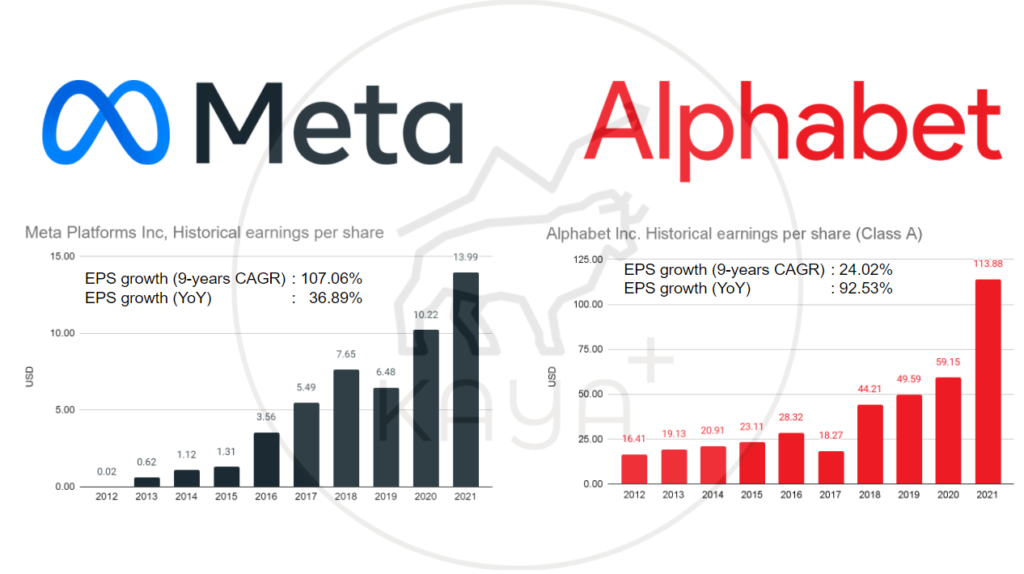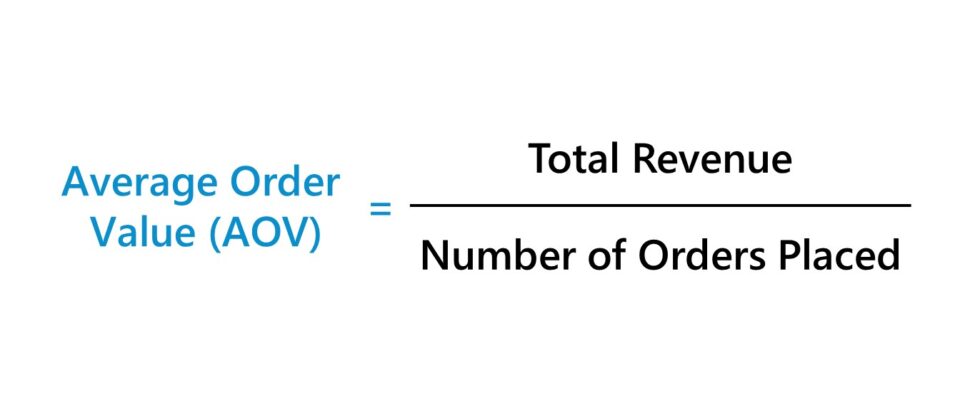Choosing between Facebook Ads and Google Ads is a pivotal decision for businesses navigating the digital advertising landscape. Understanding the nuances and comparative advantages of each platform is crucial for crafting an effective marketing strategy tailored to your specific needs.
Let’s delve deeper into the fundamental disparities between Facebook and Google advertising.

Google Ads, a multifaceted platform encompassing search, display, and YouTube advertising, offers unparalleled reach and targeting options. Its search advertising component targets users actively seeking products or services, presenting a high likelihood of conversion.
However, this comes at a premium cost per click, making it ideal for businesses with high-value offerings but potentially limiting scalability for niche markets. Display ads within Google’s ecosystem function similarly to interruption ads on Facebook and Instagram but operate within a different paradigm.
YouTube ads, falling under the Google Ads umbrella, present a hybrid model, combining elements of both search and interruption advertising.

This unique blend offers versatility but also adds to the complexity of Google’s advertising ecosystem, potentially overwhelming beginners with its diverse options and intricacies.
Facebook excels in audience building, enabling businesses to cultivate engaged followings that yield organic reach and provide ample opportunities for remarketing.
In contrast, Facebook Ads and Instagram Ads specialize in interruption advertising, capitalizing on visually engaging content to capture audience attention. This visual-centric approach resonates particularly well with businesses in industries such as food, fashion, and lifestyle, where strong imagery plays a pivotal role in marketing success.

Moreover, Facebook’s expansive user base and higher impression availability often make scaling campaigns more straightforward compared to Google Ads, particularly when targeting broader audiences.
This capability to nurture and leverage audiences sets Facebook apart, offering a distinct advantage in terms of long-term marketing effectiveness and efficiency.
Additionally, advertising on Facebook may offer cost advantages for businesses with lower average order values, as the platform typically delivers lower acquisition costs compared to Google Ads.

However, it’s essential to recognize that both platforms have their strengths and weaknesses, and the optimal choice depends on various factors, including business objectives, target audience characteristics, and industry dynamics.
Ultimately, a strategic approach involves testing both Facebook and Google Ads to evaluate their performance and suitability for your specific goals. Diversifying advertising spend across platforms not only mitigates risks but also unlocks opportunities for maximizing reach and engagement across diverse audience segments.
By leveraging the unique capabilities of each platform, businesses can craft comprehensive advertising strategies that drive results and foster sustainable growth in today’s competitive digital landscape.
Latest Posts
- Local Gem to Sushi Sensation: How We Turned $220 into 120,000 Impressions for Shinju Sushi

- Facebook Ads for Small Businesses

- How to Create Facebook Lead Forms that Convert in 2020

- 8 Keys to Success with Facebook Lead Generation Ads

- Facebook Ads vs. Google Ads: Which is Best?



